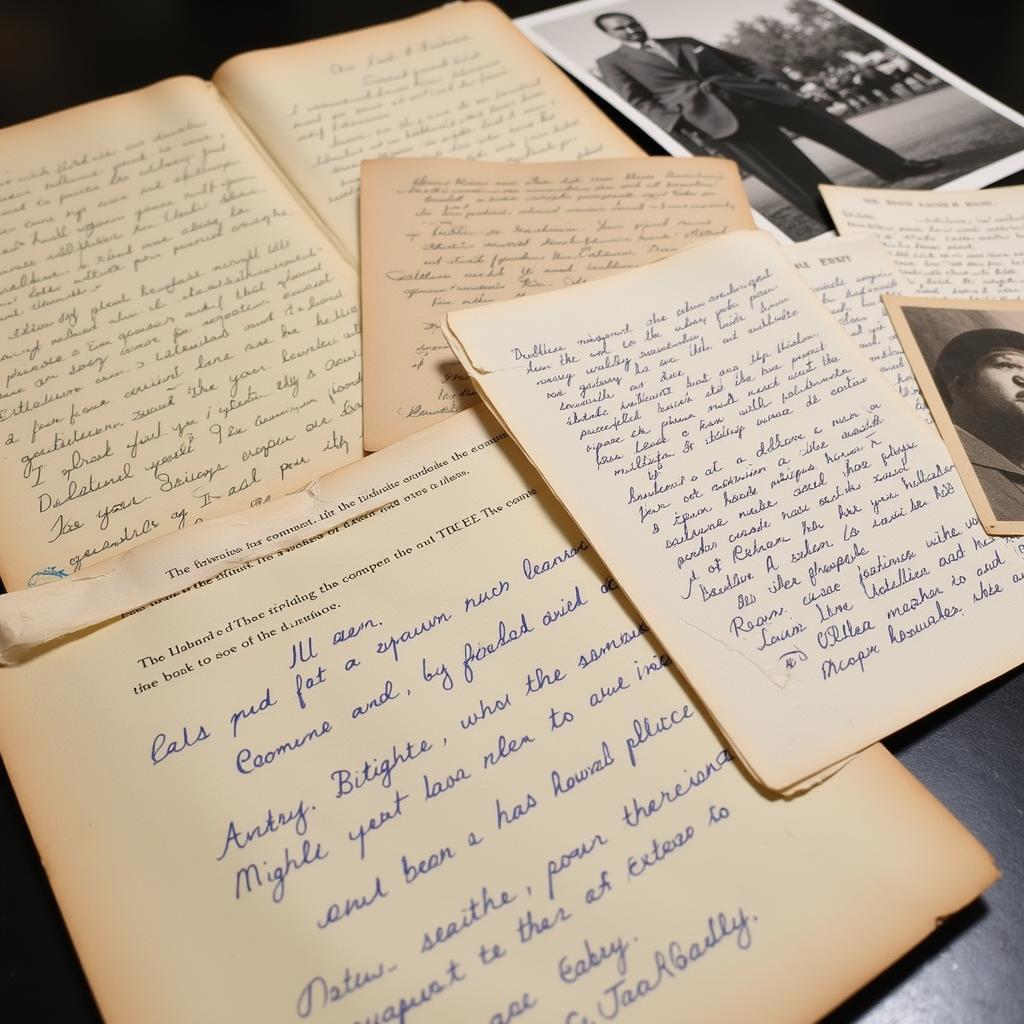Delving into African Folklore Studies
African Folklore Studies, a rich and diverse field of research, delve into the heart of African cultures by exploring their oral traditions. These traditions, passed down through generations, encompass myths, legends, folktales, proverbs, riddles, songs, and dances. They offer invaluable insights into African worldviews, beliefs, philosophies, history, and social structures.
The Importance of Studying African Folklore
Why should we care about stories told by grandmothers on dimly lit evenings, or songs hummed by farmers tending their fields? African folklore studies are much more than just collecting dusty tales; they are vital for understanding the soul of a continent.
- Preserving Cultural Heritage: In a rapidly globalizing world, oral traditions are at risk of being forgotten. By documenting and analyzing folklore, we safeguard it for future generations.
- Understanding African Worldviews: Folklore offers a window into how different African societies perceive the world, their values, beliefs, and anxieties. For example, stories about trickster gods like Anansi the Spider or Eshu Elegbara teach valuable lessons about wit, adaptability, and the consequences of greed.
- Reconstructing History: Oral traditions can supplement written historical records, especially in regions where written language was not prevalent. They provide alternative narratives and perspectives on historical events.
- Inspiring Creativity: African folklore continues to inspire contemporary artists, writers, musicians, and filmmakers. From the novels of Chinua Achebe to the music of Salif Keita, the influence of folklore is undeniable.
Different Approaches to African Folklore Studies
Just like the continent itself, the study of African folklore is diverse. Scholars utilize various approaches to unravel the complexities of these oral traditions:
- Comparative Folklore: This approach analyzes similarities and differences in folktales and motifs across different African cultures and beyond, shedding light on ancient migration patterns, cultural exchange, and universal human experiences.
- Structuralism: Inspired by linguist Ferdinand de Saussure, structuralists examine the underlying structures and patterns within folktales, aiming to identify universal elements of human storytelling.
- Performance Studies: Recognizing that folklore is a living tradition, performance studies emphasize the context, performance, and audience reception of oral narratives.
- Feminist Folklore: This approach analyzes the portrayal of gender roles, power dynamics, and women’s experiences within African folklore.
- Psychoanalytic Folklore: Drawing upon the theories of Sigmund Freud and Carl Jung, this approach explores the symbolic meanings and psychological depths of folktales, examining themes of the unconscious, archetypes, and cultural anxieties.
Challenges and the Future of African Folklore Studies
While African folklore studies continue to flourish, the field also faces challenges:
- Colonial Legacy: The impact of colonialism, with its attempts to suppress and discredit African cultures, continues to pose challenges in accessing and interpreting folklore.
- Language Diversity: With over 2,000 languages spoken across Africa, the linguistic diversity presents both a challenge and an opportunity for researchers.
- Ethical Considerations: Respecting the intellectual property rights of communities and ensuring ethical representation are crucial considerations.
Despite these challenges, the future of African folklore studies is bright. The rise of digital archives, online databases, and collaborative research projects are creating exciting new avenues for preserving, analyzing, and sharing these invaluable cultural treasures with the world.
FAQs About African Folklore Studies
1. What are some common themes in African folklore?
Common themes include the battle between good and evil, the importance of community, respect for elders, the power of nature, and the consequences of greed and deceit.
2. How are animals portrayed in African folklore?
Animals are often anthropomorphized, given human qualities and serving as tricksters, wise guides, or representations of different human characteristics.
3. What is the role of music and dance in African folklore?
Music and dance are integral to storytelling in many African cultures. They enhance the narrative, evoke emotions, and encourage audience participation.
4. Are there connections between African folklore and African diaspora traditions?
Yes, the transatlantic slave trade led to the transmission of African folktales and beliefs to the Americas. These traditions were adapted and blended with other influences, giving rise to distinct but connected folklore traditions.
Exploring Further
Want to delve deeper into the captivating world of African folklore? Discover fascinating insights into specific cultural practices, like the African gender prediction calendar, the significance of the West African crocodile, and the intriguing world of the African grey parrot comman name. You can also explore the chilling tales of 8 South African horror movies or learn about the complex relationship between African eg African American nige people. African folklore studies offer a lifetime of discovery.
Contact Us
For further assistance, please reach out to us at:
Phone Number: +255768904061
Email: kaka.mag@gmail.com
Address: Mbarali DC Mawindi, Kangaga, Tanzania.
Our dedicated customer support team is available 24/7 to assist you.
